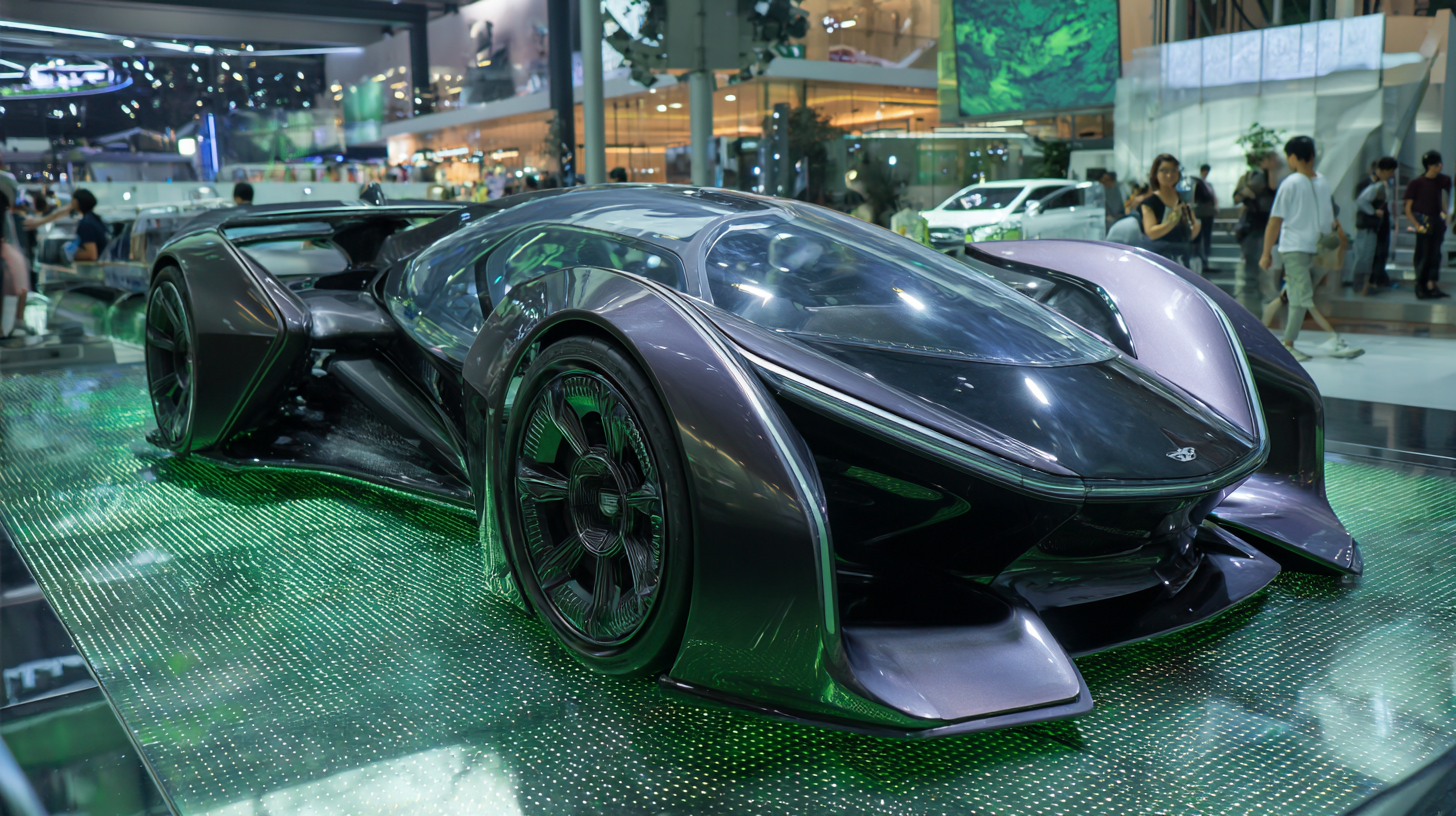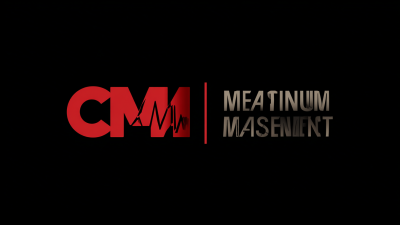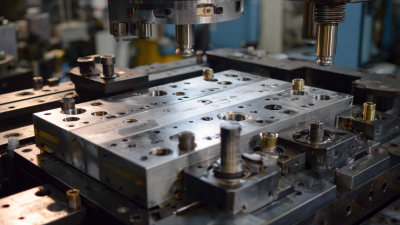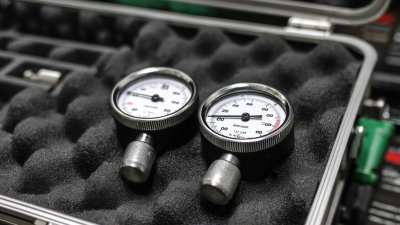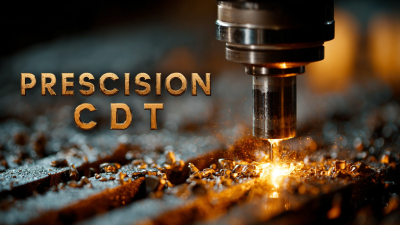

The 138th China Import and Export Fair in 2025 will serve as a pivotal platform for the automotive industry, showcasing the latest advancements in Car Checking Fixtures. As the global automotive market is projected to reach approximately $4 trillion by 2025, the emphasis on quality control and precision in manufacturing is more crucial than ever. According to a recent report by MarketsandMarkets, the automotive testing equipment market is expected to grow from $3.8 billion in 2021 to $6.1 billion by 2026, underscoring the significance of innovative solutions such as Car Checking Fixtures in ensuring compliance with safety and performance standards. This fair will highlight emerging technologies, best practices, and strategic developments that aim to enhance the efficiency and accuracy of automotive inspections, ultimately driving the sector toward a more sustainable and competitive future.
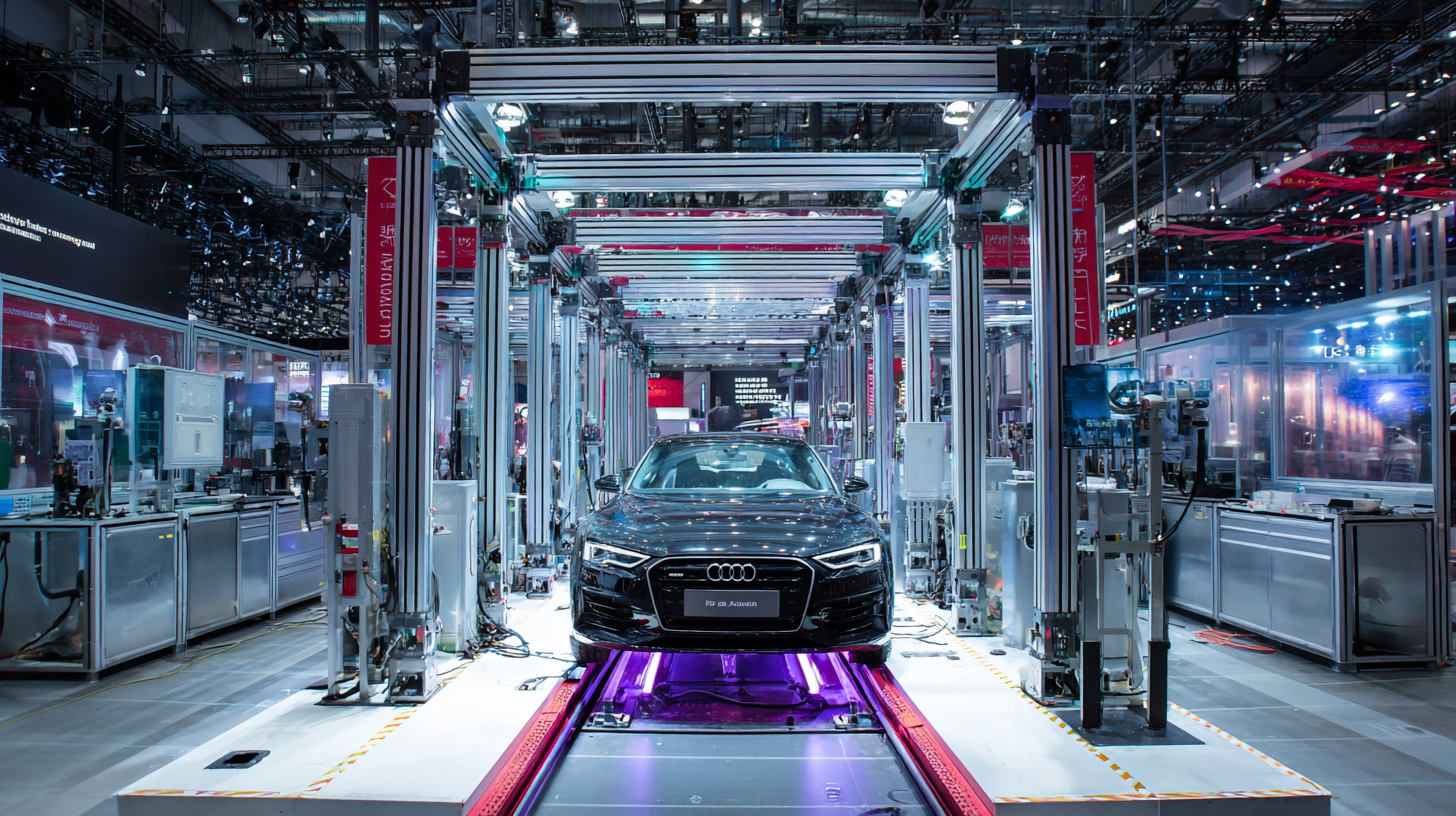
At the 138th China Import and Export Fair in 2025, innovations in car checking fixtures are set to take center stage, particularly emphasizing their role in enhancing automotive quality and safety. This showcase will spotlight cutting-edge designs that respond to the growing demands of the electric vehicle market. As more manufacturers pivot toward electric mobility, the need for efficient and precise checking fixtures becomes crucial. These innovative designs not only streamline production processes but also ensure that vehicles meet rigorous safety standards.
Attendees can expect to see a variety of novel fixtures that integrate advanced technologies, such as automated systems and smart sensors, to elevate the accuracy of car inspections. By highlighting these innovations, the fair aims to foster collaboration among industry leaders and encourage the adoption of next-generation technologies in automotive manufacturing. This focus on transformative design not only exemplifies the evolution of the automotive industry but also reflects a broader commitment to sustainability and efficiency in vehicle production.
| Fixture Type | Innovative Feature | Material Used | Application | Sustainability |
|---|---|---|---|---|
| Digital Alignment Fixture | AI-Assisted Calibration | Aluminum Alloy | Auto Assembly Lines | 100% Recyclable |
| Magnetic Holding Fixture | Quick Release Mechanism | High-Strength Steel | Chassis Testing | Energy Efficient Design |
| Customizable Jigs | 3D Printing Capability | Carbon Fiber Composite | Prototype Development | Biodegradable Materials |
| Robotic Inspection Fixture | Automated Error Detection | Polymer Plastics | Quality Control | Low Waste Production |
| Flexible Fixture System | Multi-Axis Adjustability | Stainless Steel | Service Centers | Sustainable Sourcing |
At the 138th China Import and Export Fair 2025, the focus on sustainable materials has taken center stage in the innovation of car checking fixtures. These fixtures play a crucial role in ensuring vehicle safety and reliability, and the shift towards eco-friendly materials signifies a transformative approach in the automotive industry. By utilizing renewable and recyclable resources, manufacturers can reduce their carbon footprint while maintaining high-performance standards in car inspections.
The adoption of sustainable materials not only addresses environmental concerns but also meets the increasing demand for eco-conscious products among consumers. Innovative techniques, such as bio-based composites and lightweight alloys, are being integrated into car checking fixtures, enhancing their durability and efficiency. This transition supports a circular economy, where materials can be reused and repurposed, aligning with global sustainability goals. The fair showcases how such advancements are paving the way for a greener future in automotive manufacturing, driving both technological progress and environmental responsibility.
This chart illustrates the increasing adoption of sustainable materials in car checking fixtures, comparing the usage percentages over the past four years. The data highlights a significant shift towards eco-friendly options to meet future needs.
The 138th China Import and Export Fair in 2025 showcases groundbreaking developments in car inspection equipment, with a focus on enhancing safety and efficiency in automotive diagnostics. Among the standout innovations are advanced diagnostic tools integrated with artificial intelligence, capable of detecting defects more accurately than traditional methods. These tools not only reduce the time required for inspections but also provide detailed performance analytics, enabling manufacturers to ensure their vehicles meet stringent safety standards.
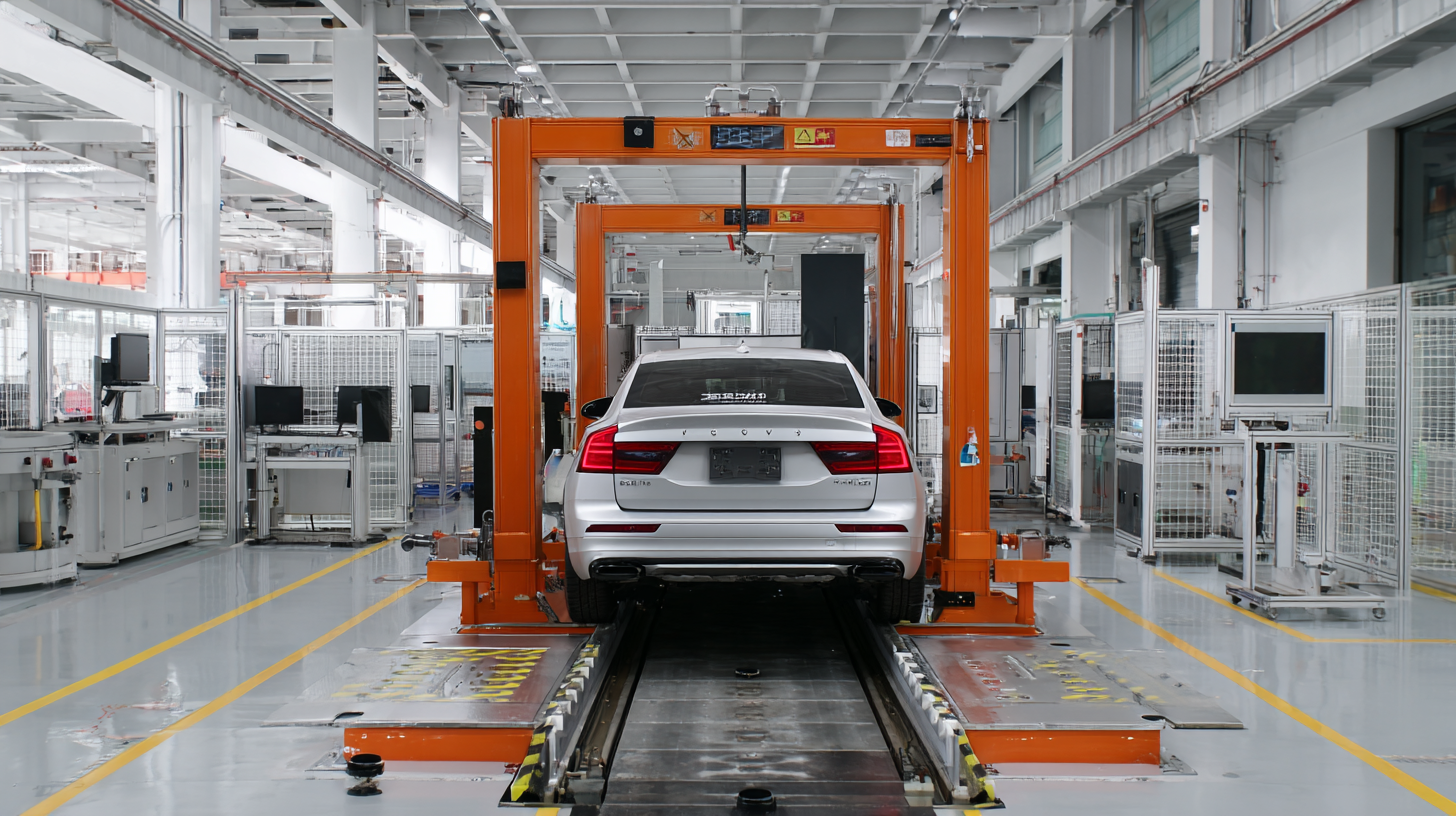
Tips for choosing the right car inspection equipment include assessing the specific needs of your facility. Investing in multi-functional devices can streamline operations, while user-friendly interfaces increase technician efficiency. Furthermore, staying informed about the latest software updates and maintenance practices will prolong the life of your equipment and ensure it operates at peak performance.
Additionally, partnerships with technology innovators are crucial. Collaborating with companies that specialize in automotive technology can provide access to custom solutions tailored to your inspection processes. This synergy can lead to continuous improvement in inspection capabilities, ultimately benefiting your business’s reputation and operational success.
The 138th China Import and Export Fair in 2025 is set to showcase groundbreaking innovations in car checking fixtures, with a particular focus on the impact of automation on their efficiency. According to a recent report by MarketsandMarkets, the automotive fixtures market is projected to reach $5.7 billion by 2026, growing at a CAGR of 6.5%. This growth is significantly fueled by advancements in automation technologies, allowing manufacturers to implement more precise and reliable quality control processes.
The integration of automated systems in car checking fixtures enhances the speed and accuracy of inspections, leading to a reduction in operational costs and improved product quality. A study published by PwC highlights that companies adopting automation in their manufacturing processes have seen their defect rates decrease by an average of 30%. This level of improvement not only boosts efficiency but also ensures compliance with increasingly stringent safety regulations. As more enterprises embrace automation, we can expect to witness a considerable shift in how automotive manufacturing aligns with modern quality standards.
The upcoming 138th China Import and Export Fair in 2025 offers unparalleled networking opportunities for industry players, especially those involved in car checking fixtures. As businesses and professionals converge in Guangzhou, attendees will have the chance to connect with potential partners, suppliers, and customers, fostering collaboration and innovation. The fair's expansive exhibitor lineup will showcase the latest advancements in technology and design, enabling stakeholders to stay ahead in a rapidly evolving market.
In addition to traditional networking sessions, the fair will feature workshops and panel discussions tailored to the automotive sector. These events will serve as a platform for sharing insights and knowledge, paving the way for new partnerships and enhancing productivity across the industry. As the global landscape continues to shift, the importance of building strong connections and exploring innovative solutions cannot be overstated, making the Guangzhou Fair a must-attend event for those looking to thrive in the automotive domain.
